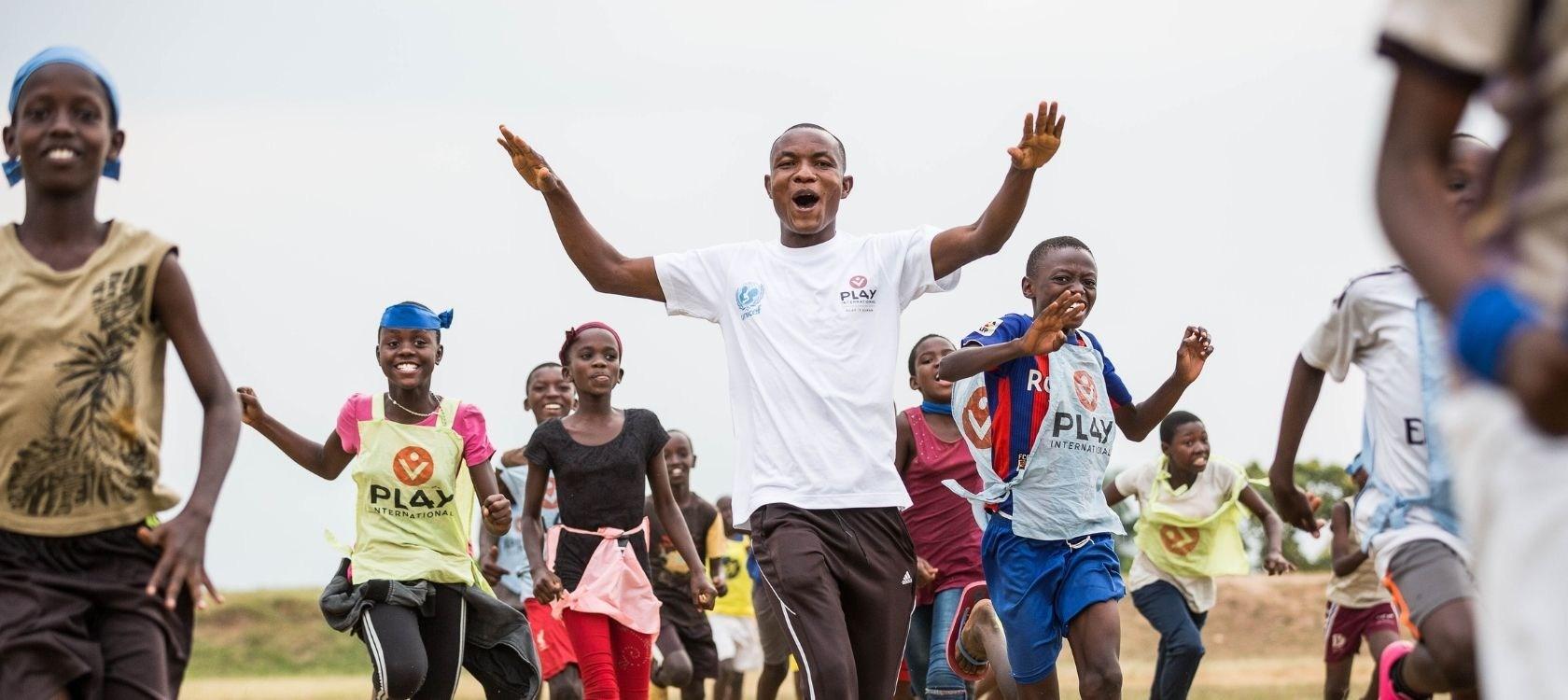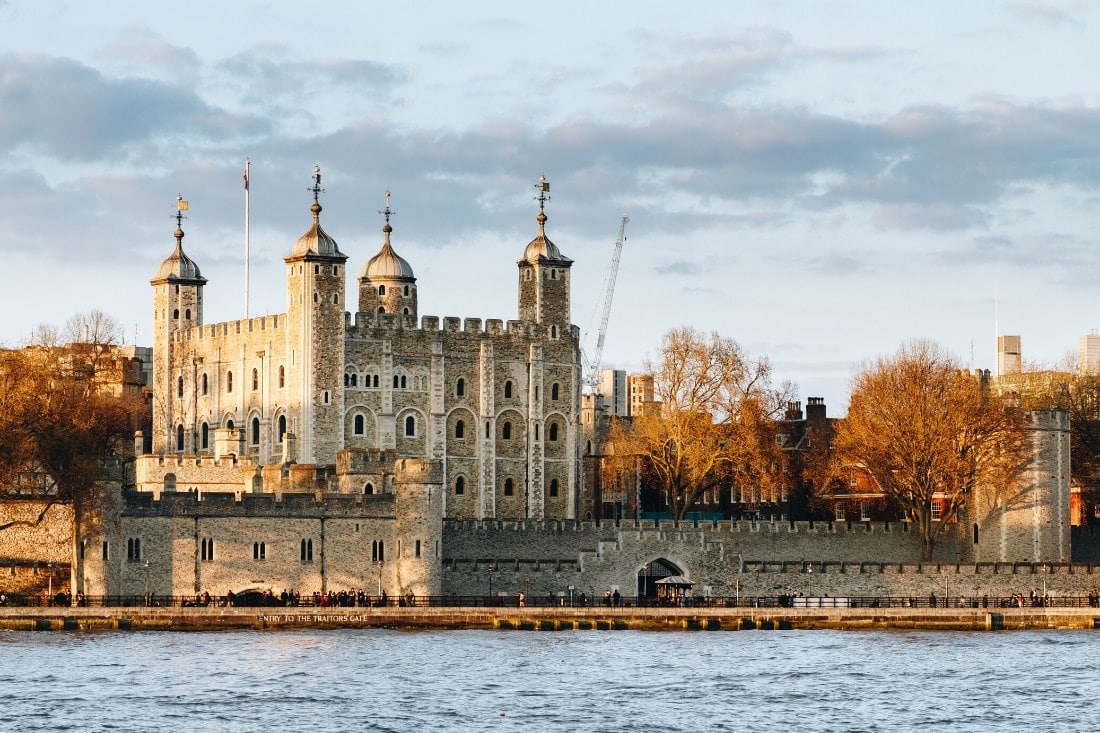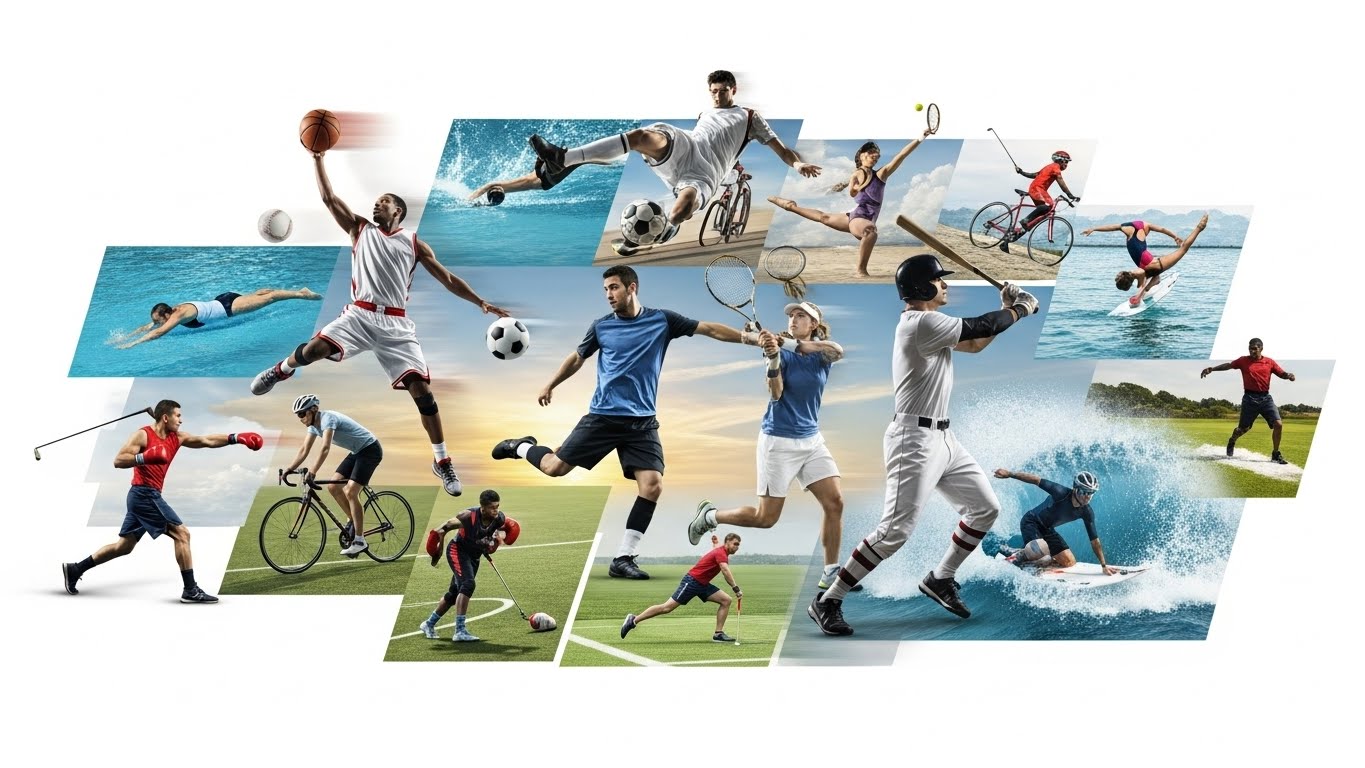Introduction to Sports and Competition
Sports have always been more than just games; they embody the thrill of competition that ignites passion in millions across the globe. From the roar of a crowd to the tension before a big match, sports tap into something primal within us. They challenge our limits and inspire dreams, creating connections among fans and players alike.
As we explore this dynamic world, we uncover how sports have evolved over centuries, shaping society in profound ways. They are not merely events on a calendar but pivotal moments that influence individual growth and community spirit. With every whistle blown or goal scored, there lies an intricate web of impact—one that stretches far beyond the playing field.
Join us as we dive deep into how sports galvanize personal development, stimulate economies, and spark social change while also addressing some controversies along the way. Whether you’re an avid fan or just curious about their societal role, understanding “The Thrill of Competition” reveals insights into why these activities resonate so deeply with humanity.
The Evolution of Sports in Society
Sports have transformed dramatically through the ages. From ancient civilizations engaging in rudimentary games to today’s highly organized competitions, the essence of sports reflects societal values.
In early societies, physical contests were often tied to survival skills and rituals. As communities evolved, so did their sports—becoming more structured and competitive. The Greeks introduced the Olympic Games as a celebration of athletic prowess.
The rise of professional leagues changed everything. Sports became spectacles that united fans across diverse backgrounds. With advancements in technology and communication, we now enjoy instant access to global events.
Today, sports serve as a mirror for cultural shifts, showcasing issues like equality and inclusion. They bring people together while also highlighting disparities within society. Each era shapes its games differently; this dynamic evolution keeps the thrill alive and relevant for generations.

The Influence of Sports on Personal Development
Sports play a pivotal role in shaping personal development. Engaging in athletic activities fosters discipline and commitment. These traits are invaluable, extending beyond the field into everyday life.
Team sports emphasize collaboration and communication. Players learn to work together towards common goals, cultivating essential social skills. This teamwork translates well into professional settings later on.
Moreover, sports challenge individuals physically and mentally. Overcoming obstacles boosts confidence and resilience. These experiences teach participants how to handle setbacks gracefully.
Additionally, athletes often develop time management skills as they juggle practice, competition, and academics or jobs. Such multitasking abilities create a foundation for future success in various endeavors.
The thrill of competition ignites passion within individuals. This drive encourages continuous self-improvement while instilling a sense of achievement that fuels personal growth throughout life’s journey.
The Economic Impact of Sports
The economic impact of sports extends far beyond the fields and arenas. It drives significant revenue generation through ticket sales, merchandise, and broadcasting rights. Cities often see a boost in tourism when major events are hosted.
Local businesses thrive during game days. Restaurants, hotels, and shops benefit from increased foot traffic as fans flock to support their teams. This influx creates job opportunities ranging from service staff to event management.
Moreover, investments in sports infrastructure can revitalize communities. Stadiums and training facilities often serve dual purposes for both professional teams and local leagues.
Sponsorship deals bring substantial financial backing to organizations while promoting brands across various platforms. These partnerships foster growth not just for athletes but also for entire industries linked to sports.
As a driver of economic activity, the thrill of competition creates ripples that resonate throughout society’s fabric—an undeniable force shaping our economy.
The Role of Sports in Promoting Social Change
Sports serve as a powerful platform for social change. They encourage unity, breaking down barriers of race, gender, and socioeconomic status.
Athletes often use their visibility to advocate for important causes. Their influence can mobilize communities and inspire action. From Muhammad Ali’s stand against the Vietnam War to Colin Kaepernick’s protests against racial injustice, sports figures have sparked critical conversations.
Moreover, inclusive programs help marginalized groups find a sense of belonging. Community sports initiatives foster teamwork and understanding among diverse populations.
Events like the Olympics showcase global cooperation despite political tensions. Athletes from various backgrounds come together with a shared goal: competition and camaraderie.
These moments remind us that while competition drives excellence, it also has the power to create positive societal shifts. The thrill of competition transcends boundaries; it unites people in pursuit of common dreams and ideals.
Controversies and Issues Surrounding Sports
Sports are far from a perfect world. They often reflect society’s bigger issues, sparking intense debates and controversies.
One major concern is doping. Athletes face immense pressure to perform at their best, leading some to resort to performance-enhancing drugs. This not only undermines the spirit of competition but also raises ethical questions about fairness.
Another pressing issue is inequality in sports. Gender disparities persist, with women athletes frequently receiving less recognition and funding than their male counterparts. This imbalance calls for a reevaluation of how resources are allocated within various sporting organizations.

Additionally, racism remains a significant challenge in many sports arenas. Incidents of discrimination can overshadow triumphs and create divisions among fans and players alike.
These topics reveal that while sports unite people in celebration, they can also ignite heated discussions about morality, ethics, and equality across society.
Frequently Asked Questions
What is the thrill of competition in sports?
The thrill of competition in sports lies in the adrenaline rush it provides. Athletes push their limits, striving for victory while facing intense challenges. For spectators, watching this struggle can evoke a range of emotions from exhilaration to heartbreak.
How do sports influence personal development?
Sports encourage discipline and resilience. They teach individuals how to set goals, work as a team, and handle both success and failure gracefully. These skills often translate into other areas of life.
Are there economic benefits associated with sports?
Absolutely! Sports generate significant revenue through ticket sales, sponsorships, merchandise, and broadcasting rights. Local economies also benefit from tourism during major sporting events.
Can sports lead to social change?
Yes! Many athletes use their platforms to advocate for important social issues. Movements like Black Lives Matter have been amplified by players who speak out against injustice.
What are some controversies within the world of sports?
Controversies abound in competitive environments—issues such as doping scandals, gender inequality, and player safety raise critical discussions about ethics in athletics.
Find out more at: https://tinyurl.com/ym2rbcch










